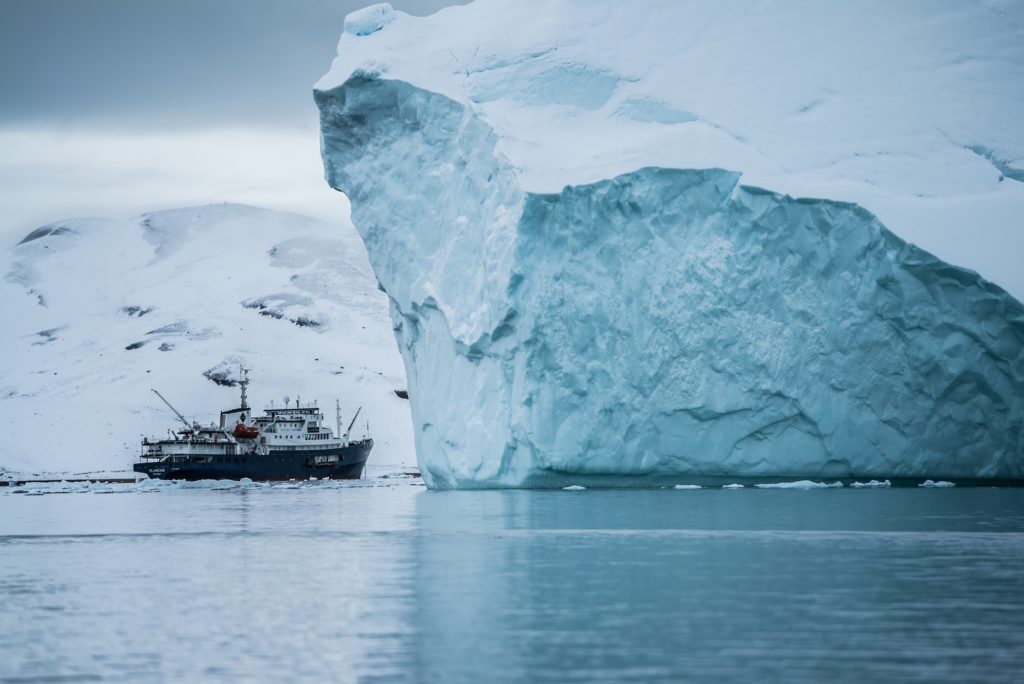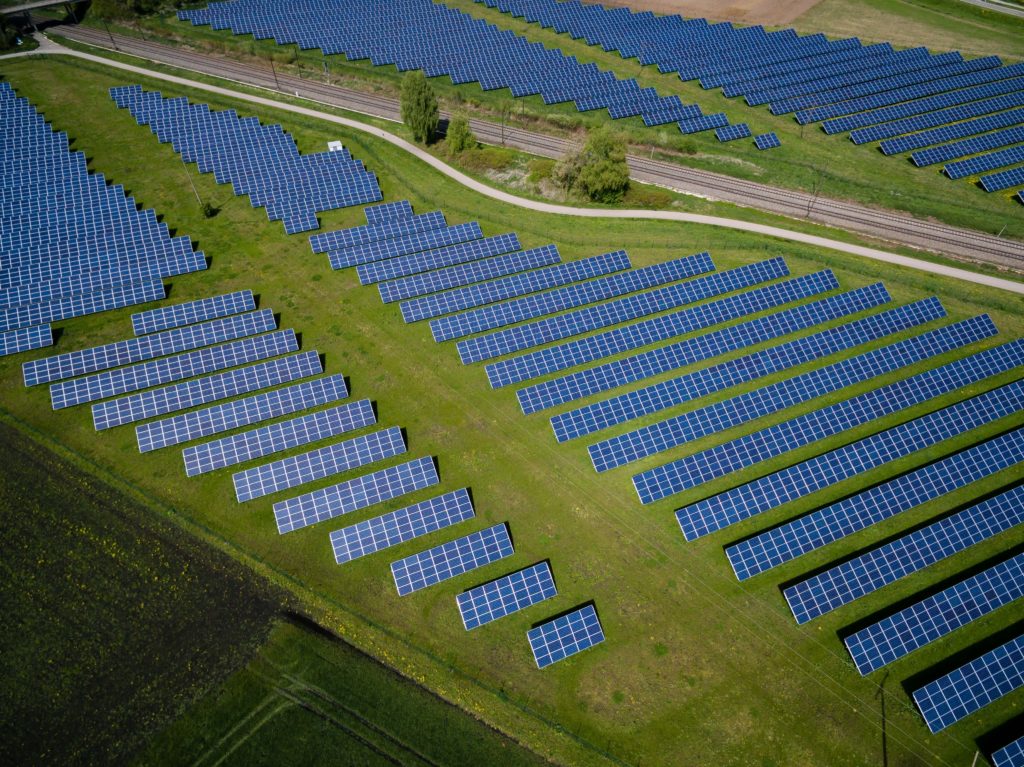
Cities: pushing for an ecosystem approach
Cities as ecosystems? The benefits of this approach are manifold, including water purification, improved public health, reduced disaster exposure, enhanced resilience and social justice. But to move cities – and so the planet – into a sustainable future, this approach must become more integrated and pragmatic, and applied also in the global south, says on Nature Xuemei Bai, professor at the Fenner School of Environment and Society, Australian National University in Canberra.





